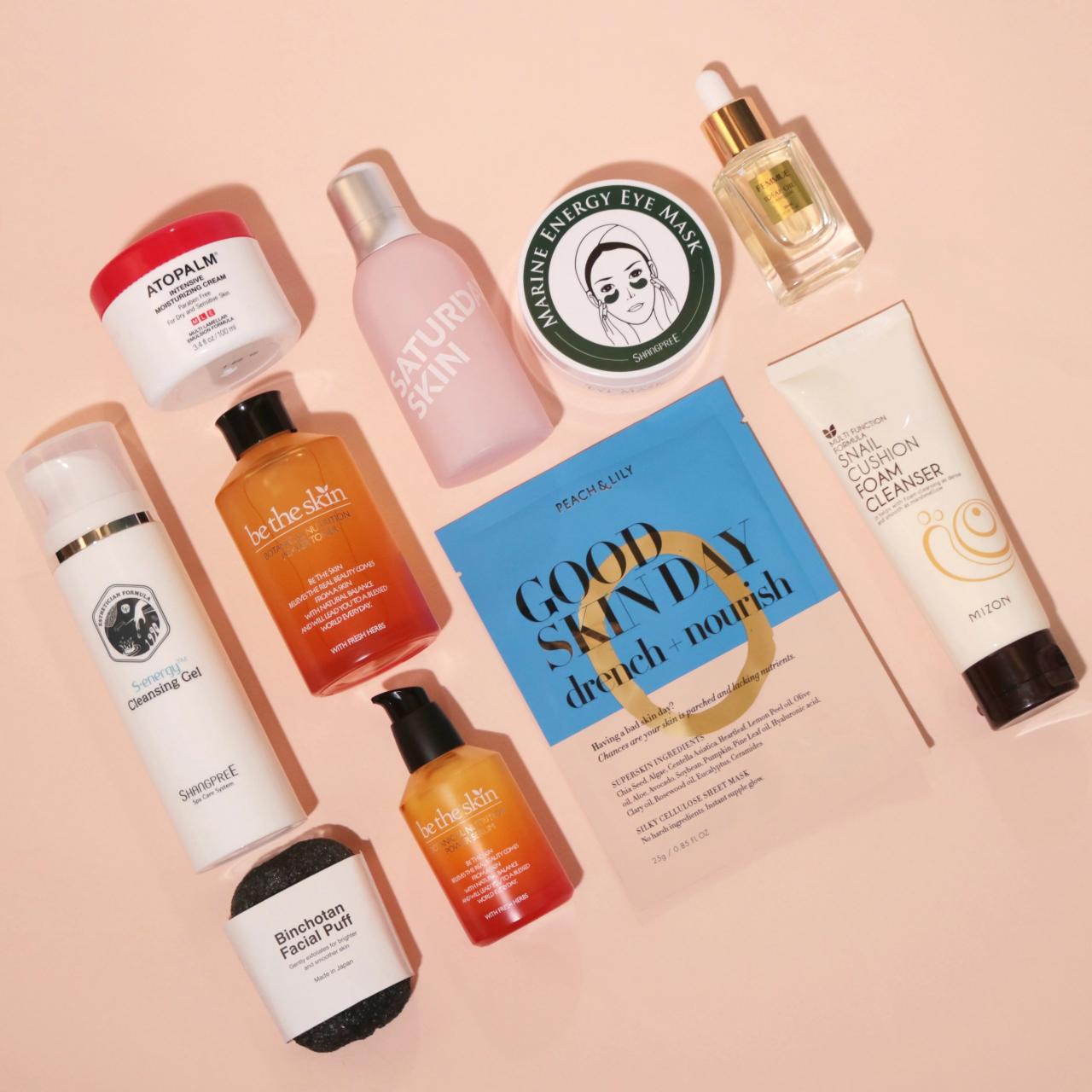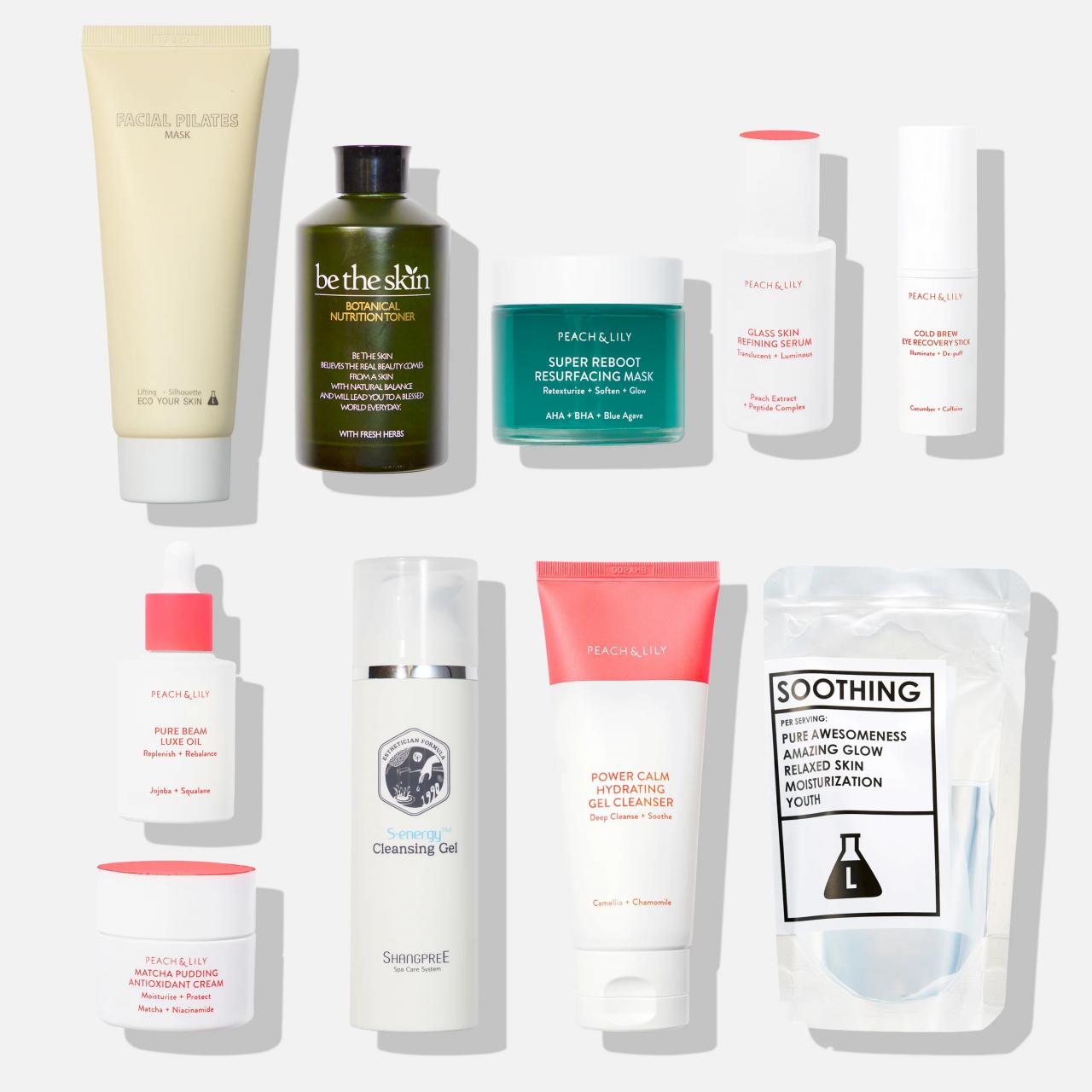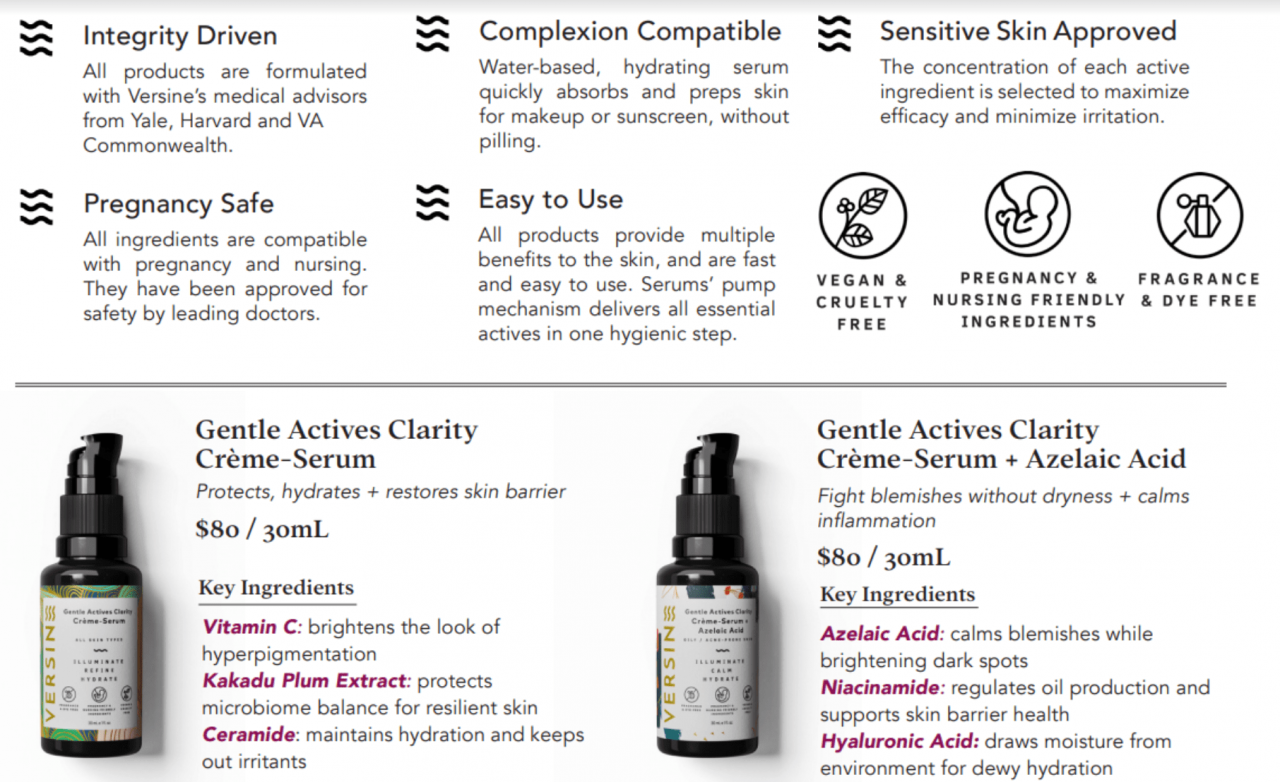Embark on a skincare journey tailored specifically for redness-prone skin, as we delve into the world of Korean skincare for redness. From understanding the soothing properties of Centella Asiatica to crafting DIY masks with natural ingredients, this comprehensive guide will empower you with the knowledge and tools to combat redness and achieve a radiant, healthy complexion.
Korean Skincare Ingredients for Redness
Korean skincare has gained immense popularity for its effective and innovative approach to skincare, including addressing skin redness. Several key ingredients are renowned for their ability to calm and reduce redness, making them essential components in Korean skincare products.
Centella Asiatica
Centella Asiatica, also known as Gotu Kola, is a medicinal herb that has been used for centuries in traditional Asian medicine. It contains a wealth of active compounds, including triterpenoids and flavonoids, which possess potent anti-inflammatory and skin-soothing properties.
- Calms inflammation:Centella Asiatica inhibits the production of inflammatory cytokines, which are responsible for triggering redness and irritation.
- Promotes skin healing:It stimulates collagen production, which helps repair damaged skin and reduce the appearance of redness.
Green Tea Extract
Green Tea Extract is rich in polyphenols, particularly epigallocatechin gallate (EGCG), which is a powerful antioxidant with anti-inflammatory properties.
- Reduces inflammation:EGCG inhibits the activity of pro-inflammatory enzymes, thereby reducing redness and inflammation.
- Protects against oxidative damage:Green Tea Extract neutralizes free radicals, which can damage skin cells and contribute to redness.
Korean Skincare Products with Centella Asiatica and Green Tea Extract
- Dr. Jart+ Cicapair Tiger Grass Color Correcting Treatment:This color-correcting cream contains Centella Asiatica and Green Tea Extract to soothe and reduce redness.
- Innisfree Green Tea Seed Serum:Formulated with Green Tea Seed Extract, this serum hydrates and calms the skin, reducing redness and irritation.
Skincare Routine for Redness-Prone Skin

Redness-prone skin requires a gentle and soothing skincare routine to minimize inflammation and prevent further irritation. Here’s a step-by-step guide to help you create a tailored routine for your sensitive skin:
Cleansing
Start your routine with a gentle, fragrance-free cleanser that effectively removes impurities without stripping your skin of its natural oils. Look for cleansers with soothing ingredients like aloe vera, chamomile, or green tea extract.
- CeraVe Hydrating Cleanser:A gentle, fragrance-free cleanser that contains ceramides and hyaluronic acid to hydrate and soothe the skin.
- La Roche-Posay Toleriane Hydrating Gentle Cleanser:A hypoallergenic cleanser that is suitable for even the most sensitive skin.
DIY Korean Skincare Masks for Redness
Indulge in the soothing embrace of natural ingredients with these DIY Korean skincare masks designed to calm and reduce redness. Honey and aloe vera, nature’s gentle healers, take center stage in these masks, promising to restore your skin’s tranquility.
Honey Mask for Soothing Redness
Honey’s antibacterial and anti-inflammatory properties make it an ideal remedy for redness. Its natural humectants hydrate the skin, preventing dryness that can exacerbate irritation.
Ingredients:
- 1 tablespoon raw honey
- 1 teaspoon plain yogurt (optional)
Instructions:
- Mix the honey and yogurt (if using) in a small bowl.
- Apply a thin layer to clean, dry skin, avoiding the eyes.
- Leave on for 15-20 minutes, then rinse with lukewarm water.
Aloe Vera Mask for Cooling Relief
Aloe vera’s anti-inflammatory and cooling properties provide instant relief for red, irritated skin. Its gel-like texture soothes and hydrates, restoring balance to your complexion.
Ingredients:
- 1/2 cup aloe vera gel
- 1 tablespoon green tea (optional)
Instructions:
- Combine the aloe vera gel and green tea (if using) in a blender until smooth.
- Apply a thick layer to clean, dry skin, avoiding the eyes.
- Leave on for 15-20 minutes, then rinse with cool water.
Embrace the healing power of nature with these DIY Korean skincare masks and witness the calming transformation of your redness-prone skin.
Lifestyle Factors Affecting Redness
Redness-prone skin can be exacerbated by various lifestyle factors. Understanding and managing these factors is crucial for minimizing redness and maintaining a healthy complexion.Stress, diet, and sleep are key contributors to skin inflammation and redness. Stress can trigger the release of hormones like cortisol, which can increase blood flow to the skin, leading to redness.
A diet rich in processed foods, sugary drinks, and unhealthy fats can contribute to inflammation throughout the body, including the skin. Sleep deprivation can disrupt the skin’s natural repair processes, making it more susceptible to irritation and redness.
From m.a.d skincare to skincare butters , the world of skincare is constantly evolving. Whether you’re looking for a gentle exfoliator like lissy skincare mandelic serum or the anti-inflammatory properties of zinc skincare , there’s something for every skin type.
Managing Stress
To manage stress and reduce its impact on skin redness, consider incorporating stress-reducing activities into your daily routine. Yoga, meditation, deep breathing exercises, and spending time in nature can help calm the mind and body. Establishing a regular sleep schedule, practicing good sleep hygiene, and getting adequate sleep can also help mitigate stress levels.
Dietary Considerations
A healthy diet plays a vital role in maintaining skin health. Focus on consuming whole, unprocessed foods such as fruits, vegetables, and lean proteins. These foods are rich in antioxidants and nutrients that support skin health and reduce inflammation. Limit processed foods, sugary drinks, and unhealthy fats, as they can contribute to inflammation and worsen redness.
Importance of Sleep
Getting enough sleep is essential for overall skin health. Aim for 7-9 hours of quality sleep each night. During sleep, the skin undergoes repair and regeneration processes. Sleep deprivation can disrupt these processes, making the skin more vulnerable to irritation and redness.
Establish a regular sleep schedule, create a relaxing bedtime routine, and ensure your bedroom is dark, quiet, and cool for optimal sleep.
Lifestyle Changes to Minimize Redness, Korean skincare for redness
| Lifestyle Factor | Recommended Changes | Stress | Engage in stress-reducing activities, establish a regular sleep schedule, practice good sleep hygiene. | Diet | Consume whole, unprocessed foods rich in antioxidants and nutrients. Limit processed foods, sugary drinks, and unhealthy fats. | Sleep | Aim for 7-9 hours of quality sleep each night, establish a regular sleep schedule, create a relaxing bedtime routine, ensure a dark, quiet, and cool bedroom. |
|---|
Advanced Treatments for Redness

Beyond topical skincare, advanced treatments offer more intensive solutions for redness. These treatments aim to reduce inflammation, strengthen the skin barrier, and improve overall skin health.
Laser Therapy
Laser therapy utilizes concentrated light energy to target the blood vessels responsible for redness. The heat generated by the laser coagulates these vessels, reducing their visibility and improving skin tone. Laser therapy is particularly effective for rosacea, vascular lesions, and persistent redness.
Intense Pulsed Light (IPL)
IPL is a non-ablative light treatment that emits a broad spectrum of light energy. It targets the melanin in blood vessels, causing them to constrict and fade. IPL is less invasive than laser therapy and can be used to treat a wider range of skin conditions, including sun damage, age spots, and uneven skin tone.
Discover the revolutionary m.a.d skincare line, where plant-based ingredients meet scientific precision. Its innovative formulations are designed to address specific skin concerns, leaving you with a radiant and healthy complexion. Explore the nourishing properties of skincare butters , rich in essential fatty acids and antioxidants.
Unlock the transformative power of lissy skincare mandelic serum , gently exfoliating and brightening your skin. Embrace the benefits of zinc skincare , known for its soothing and anti-inflammatory qualities, leaving your skin refreshed and revitalized.
Comparison Table
| Treatment | Effectiveness | Side Effects |
|---|---|---|
| Laser Therapy | High | Temporary redness, swelling, bruising |
| IPL | Moderate | Mild redness, temporary darkening of treated areas |
The choice of treatment depends on the severity of redness, skin type, and individual preferences. It’s crucial to consult a qualified dermatologist to determine the most suitable option.
Summary
Whether you’re seeking gentle skincare routines, exploring advanced treatments, or embracing lifestyle changes, this guide has equipped you with a holistic approach to managing redness. Remember, with consistency and care, you can effectively soothe, calm, and restore balance to your skin, revealing a complexion that radiates confidence and vitality.
Commonly Asked Questions: Korean Skincare For Redness
What are the key ingredients to look for in Korean skincare products for redness?
Centella Asiatica and green tea extract are two essential ingredients known for their calming and anti-inflammatory properties, effectively reducing redness and soothing irritated skin.
How often should I use Korean skincare products for redness?
Consistency is key. Aim to use your skincare products twice daily, morning and night, to achieve optimal results and maintain a healthy, balanced complexion.
Can I use Korean skincare products for redness if I have sensitive skin?
Yes, Korean skincare products are generally formulated with gentle, hypoallergenic ingredients, making them suitable for sensitive skin types. However, it’s always advisable to patch test new products on a small area of skin before applying them to your entire face.





Leave a Reply